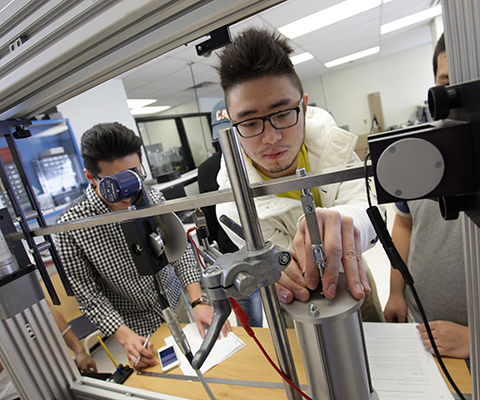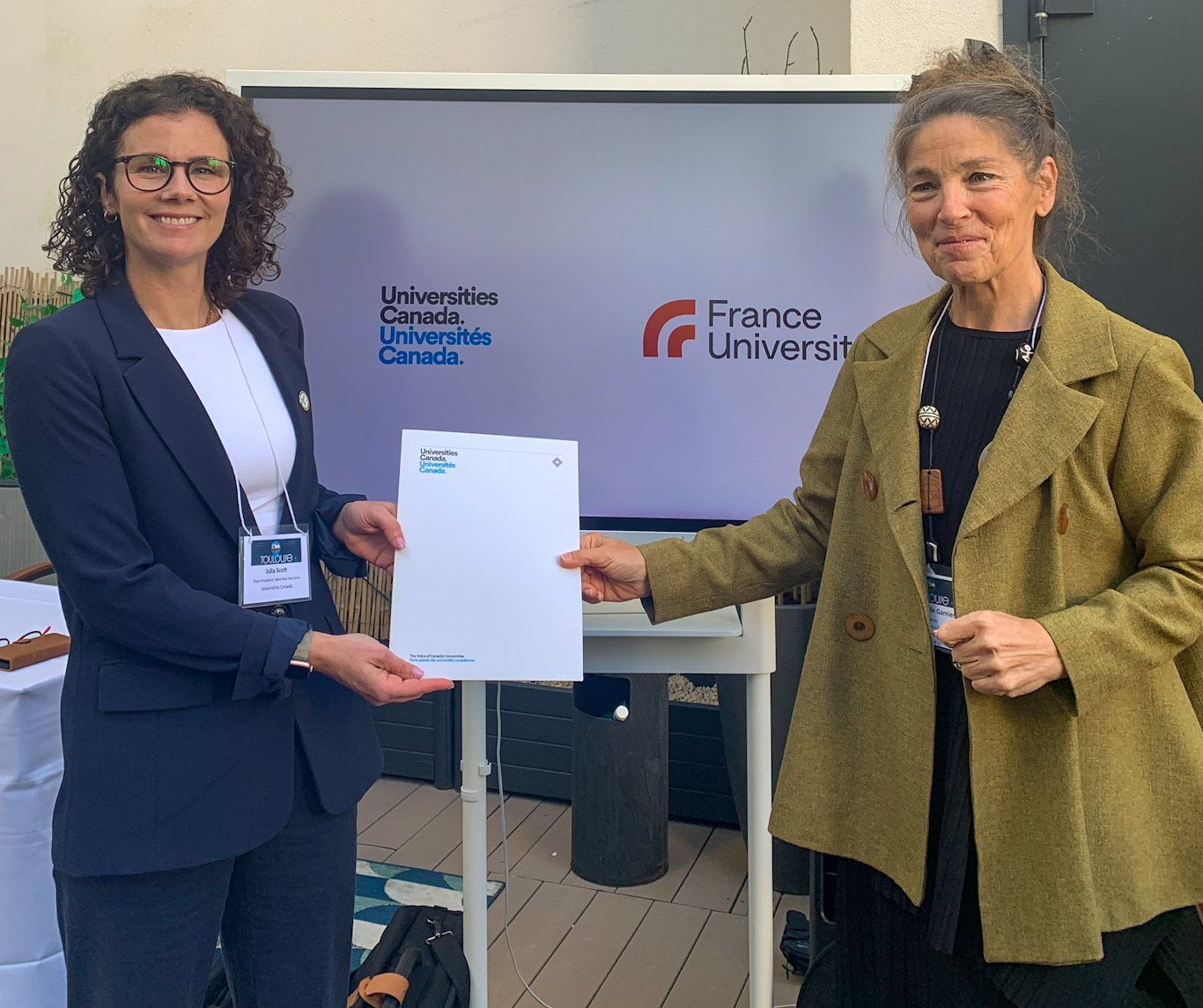Joint statement: Canada’s talent crisis needs action from government

Canada is facing an acute talent crisis. Job vacancies have hit all-time highs, leaving employers scrambling. Canada’s young researchers are struggling to make ends meet on stagnant funding that has not increased in two decades. Prospective international students are waiting months for permit approvals to begin their studies. And undergraduates are looking for meaningful career opportunities to sharpen their skills. These barriers are adding up to fewer talented people coming to Canada and fewer talented people staying here.
Canada cannot afford to fall further behind in an increasingly competitive and turbulent world, a world driven by talent and ideas — two strengths at the heart of our collective prosperity.
Universities, students and Canadian business leaders all agree that we have to act now to foster and retain the next generation of Canadian talent. But government can help create the conditions for success with a few common-sense solutions. Businesses in virtually every sector — from life sciences, to IT, to aviation and aerospace, to resource development — want to hire more Canadians with the right skills to help sustain and grow their operations. Currently, Canada needs skilled and specialized talent to fill 400,000 new jobs in these growing and evolving fields.
That’s why Canada must reinvest in research talent. With recent generational investments in science in peer countries, including the U.S., Canada’s ability to attract and retain talented researchers at the graduate level is at risk. Today’s cohort of young, diverse research talent faces more obstacles and slimmer prospects than ever. Reduced funding levels mean graduate students are earning wages that place them below the poverty line, hampering our ability to contend for the best and brightest.
Add to this the fact that Canada is chasing away global talent and failing to reduce barriers for international students. While Canada is an attractive destination for international students and researchers, permit processing backlogs are stretching for months beyond the processing times seen in peer countries — and every student with an offer of admission who chooses to study elsewhere is a loss for Canada. Bureaucratic backlogs cannot be allowed to harm our institutions and economy.
With the U.S.’s $200-billion investment in science through the CHIPS and Science Act redrawing the global science policy landscape, Canada needs ambition. That’s why it’s time for the federal government to grow Canada’s research ecosystem to compete globally. It is unacceptable that, as our peers reinvest in research, our overall share of economic activity dedicated to research and development has continued to decline over the last 10 years, sitting well below the OECD average of 2.4 per cent, well behind global innovation leaders.
This consistent underperformance relative to our peers in the OECD is alarming. And while seriously reinvesting in our researchers and scientists will help, it will not be enough. Researchers must also be equipped to partner with business, commercialize their ideas and create impact on issues like climate change and reconciliation.
Finally, the federal government needs to begin work on building a more flexible Canada with a focus on lifelong learning in a time of economic transition. Every student in a post-secondary program should have access to work-integrated learning, and federal policy should help make this possible.
Workers looking to change careers and mid-career professionals will also need access to short, tailored programs aimed at sharpening specific skills. Canada needs national alignment on a microcredentials policy to ensure programming everywhere in Canada is high quality and meets the needs of workers and employers.
We live in a talent-driven world. And these are common sense solutions to the talent crisis. All Canada’s government must do is act.
Signatories
Paul Davidson
President, Universities Canada
Christian Fotang
Chair
Canadian Alliance of Student Associations
Honourable Perrin Beatty
President and Chief Executive Officer
Canadian Chamber of Commerce
About Universities Canada
Universities Canada is the voice of Canada’s universities at home and abroad, advancing higher education, research and innovation for the benefit of all Canadians.
Media contact:
Lisa Wallace
Assistant Director, Communications
Universities Canada
communications@archives.univcan.ca
Tagged: Research and technology, Skills and talent
Related news
-

Canadian universities strengthen ties with France and other European nations amid Horizon Europe agreement
-

Investing in universities is an investment in Canada’s future
-

A national sustainable agriculture plan needs to include universities
-

Universities are an essential partner on the path toward Canada’s low-carbon hydrogen future